Following the Sept. 10 presidential debate between Vice President Harris and former President Trump, The Sandspur conducted a survey to assess students’ perceptions of the 2024 presidential race. The questions were designed to be non-partisan, and students were not required to specify their support for either candidate. A total of 124 students responded. The survey results were presented to Donald Davison, Ph.D., Current Vice President for Academic Affairs and Provost, who offered his commentary on the data.
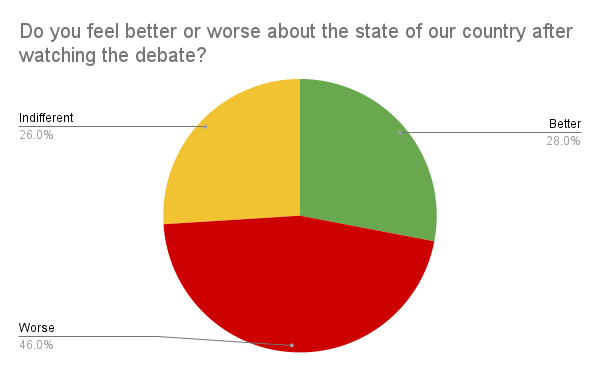
Almost half of respondents (46 percent) said they felt worse about the state of the country after watching the debate. Another 28 percent expressed indifference, while only 26 percent reported feeling better about the state of the country. Despite some interpretation that this reaction is evidence that political debates are becoming less useful, Dr. Davison said that while extreme polarization has rendered debates less effective, they still serve as an “opportunity for citizens to see how candidates perform under pressure, which is a kind of informal information for them.”
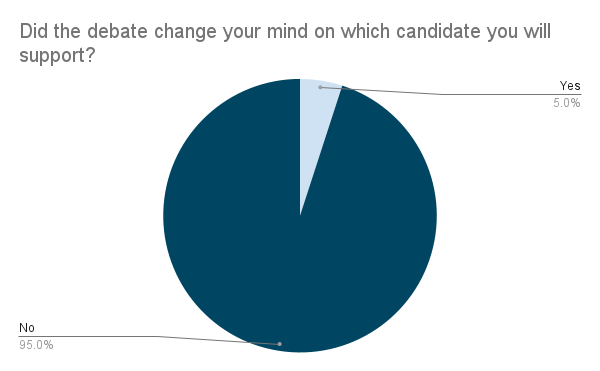
When asked if watching the debate changed their views, 95 percent of students maintained that the debate did not influence which candidate they will support. Dr. Davison was unsurprised that most students had made up their minds before the debate. He explained, “The majority of citizens have already decided who they are going to vote for. In a highly polarized society, there are very few voters who are truly independents—who truly could vote Democrat or Republican. The vast majority of the population leans toward one of the two parties.”
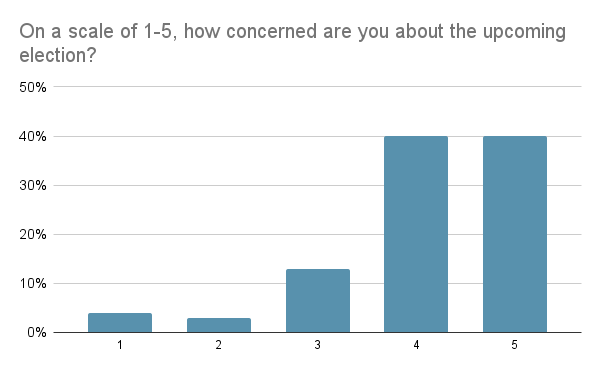
Rating their concern about the upcoming election on a scale of 1-5, (1 being not concerned at all and 5 being very concerned), 80 percent of students rated their concern as either a 4 or 5. In the optional comments, many expressed anxieties about worsening division. Davison acknowledged the reality of our current political climate. He said, “As a political scientist, I do not see the extreme polarization that we are witnessing in the United States ending in the near future. The polarization is going to continue for a while. What we need is for another generation to move into the electorate. As younger citizens become of voting age and move into the electorate, we’ll have the opportunity to change the severity of polarization in the country.”
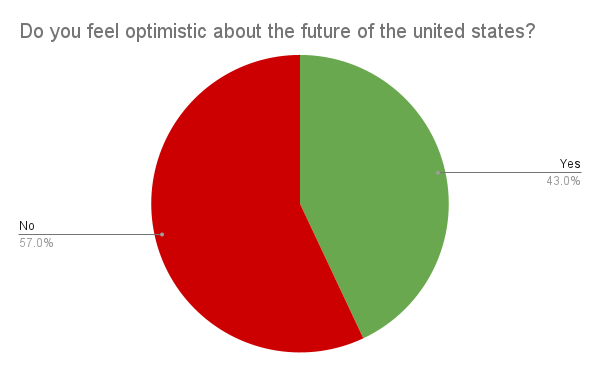
Evaluating their outlook on the country’s future, 43 percent of students felt optimistic about the future of the United States, while the remaining 57 percent did not. In comparison, a recent Quinnipiac University national poll found that almost 70 percent of likely voters believe America’s best days are yet to come. Davison rejected the notion that this disparity suggests that students are uniquely apathetic to the political system. He explained, “I think the lack of optimism is partially explained by polarization and the perception that government cannot solve problems. That contributes to the pessimism about the future because there’s a lack of confidence in government officials.”
Dr. Davison encouraged students who are not registered to vote to work through the Rollins College Democracy Project. He stressed the need to engage not just with sound bites, but with the substantive content of the campaigns. When asked what he would say to students who are unsure if they will be voting, Davison said, “My message is I would encourage them to vote. It’s very important for each student to participate if they want to make some kind of change or an impact.”

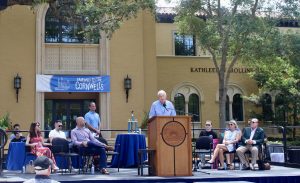

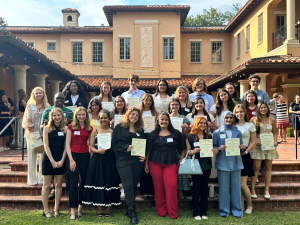
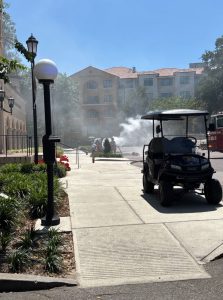

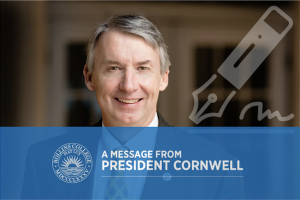


Comments are closed.